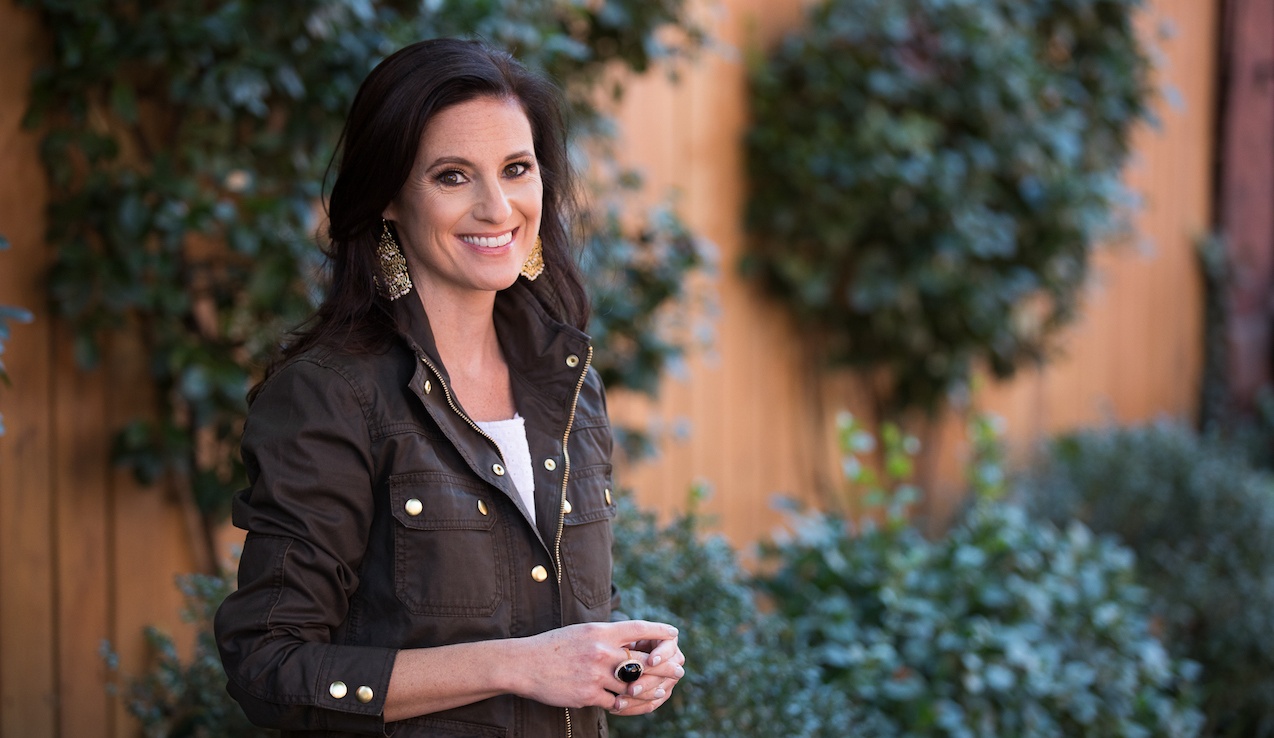We are only weeks away from most of the Early Decision and Early Action deadlines. One thing is for sure, times are changing. Colleges have been making last-minute decisions on major admissions policies late in the game. There have been so many reversals that families are having a hard time keeping track.
So, here are the top five trends sweeping the college admissions world right now:
1. The essay for the SAT and writing test for the ACT are getting dropped by many colleges.
For years, educational experts have been weighing the relevancy and accuracy of the writing sections of the SAT and ACT. Even the colleges that still require this additional test are hard-pressed to come up with reasons why they continue to use it. In a matter of a few months, dozens of colleges, including elite ones (Harvard, Yale, Princeton, Stanford, Duke, and many others), have announced that they are no longer requiring the SAT with Essay and the ACT with Writing.
YES! One less thing on a student's plate the day of the exam and one less additional cost for this very expensive endeavor!
2. Self-reported test scores are now acceptable at a number of colleges.
I never could have seen this one coming as colleges used to be so distrustful of students. But the fact is that having a student fill out their test scores right on the application seems like an obvious way to get all of their data in one place. And, sending official test scores to every college can be extremely expensive for a family. As a result, many colleges are allowing students to self-report their scores for the admissions process.
However, if the student is admitted and decides to enroll, they will need to send official scores from the College Board and ACT to be able to matriculate. This potentially would allow a student to only have to send one score report to one college versus multiple ones to many colleges. Look out for more colleges to adopt self-reporting of test scores in the coming year!
"Big news in college admissions—many colleges are now trusting students to self-report their test scores right on the application." TWEET THIS
3. Early Decision and Early Action policies are now more flexible and student-friendly than ever before.
Long gone are the days when a student applies to only one Early Decision or one Early Action school. Now, most of the time, students have the ability to apply to an Early Decision program and even some Early Action programs that are unrestrictive. And, if a student isn't ready to commit to an Early Decision binding program, they can usually apply to an endless number of Early Action programs.
These days, the most limiting programs are turning out to be the Single Choice Early Action policies found at schools that once were leaders in student-friendly policies: Harvard, Yale, Princeton, and Stanford. Just be careful and read the language on the admissions websites to ensure that you are following their policies to a tee.
4. Videos are the future.
I couldn't agree more. My entire business was built on my decision to use videos on my website, Facebook pages, Instagram account, and now with my Application Nation groups. And, admissions officers are just like all of us. They like the interactive quality of a short clip. Notice that I used the word "short." If a college offers up the chance to submit a two-minute video, like the University of Chicago just announced, stick to the time limit and seize this opportunity! I sure did and haven't looked back!
5. The Coalition Application is gaining popularity among colleges—lets hope it gets more user-friendly in the future!
The Coalition Application is an alternative application platform created by a group of deans of admissions a few years ago who wanted to make the college admissions process more student-centered. Now there are 139 colleges that accept the Coalition Application.
But for students, this just complicates their process even more as most will still need to fill out the Common Application and numerous institutional-specific applications at the same time. The Coalition Application is not nearly as agile as the competition making it difficult to see essay prompts for specific colleges and move data around on the extracurricular activities list. Additionally, the Coalition Application's essay is 100 words less than the Common App essay and there are fewer spaces for activities as well. If the goal is to be more student-centered, the Coalition App still has a long way to go!
I love change. It is sign that colleges are feeling the pressure to adapt to the needs of the next college-bound generation. The more we push higher education for cost-savings initiatives, student-friendly policies, and a more streamlined application process, the better served our children will be.








.jpg)



